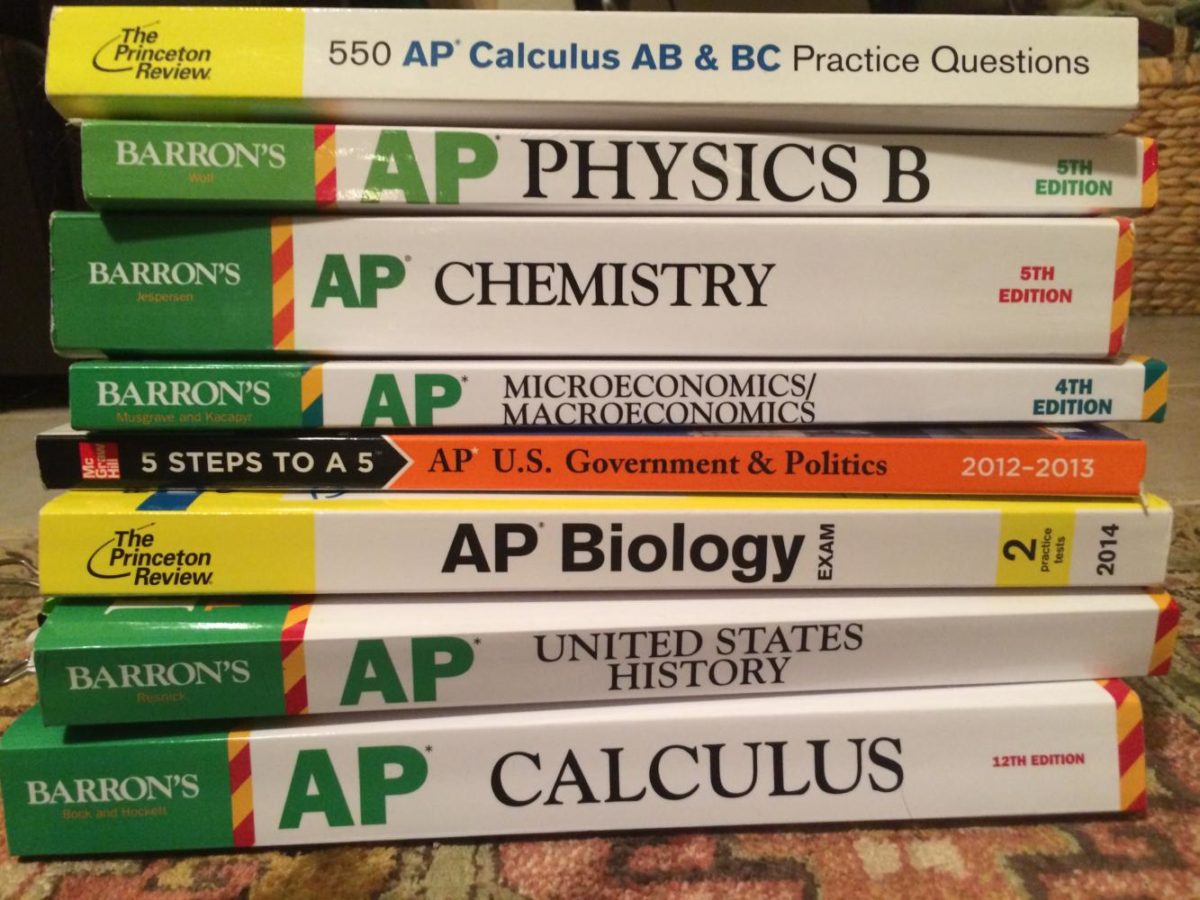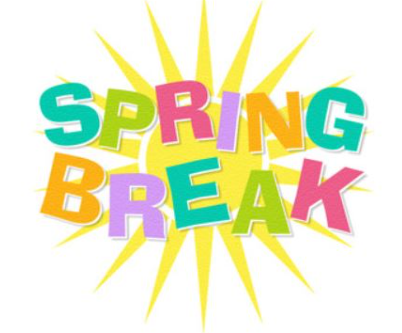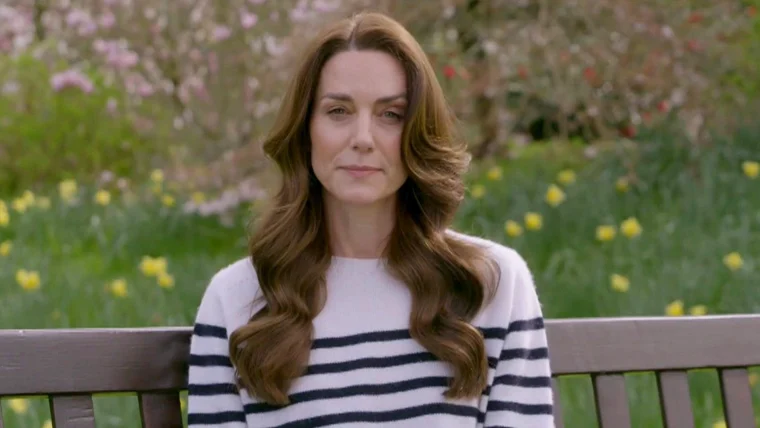Are AP Classes Too Stressful?
September 28, 2017
Sophomore year hits. You have three options – AP World History or AP European History or just regular World History. Many take World History, too scared to take on an Advanced Placement (AP) course. They hear that AP classes are extremely difficult, and perhaps feel that they are not smart enough to take them. Those who do take AP classes, rigorous courses that allow students to earn college credits early, end up stressing out as they frantically attempt to learn new ways of writing, thinking, studying, living.
Sophomores, most of which are new to AP, tend to feel overwhelmed as their other classes haven’t prepared them for the amount of work and studying that goes into such courses. According to Courtney Stahlhoefer, a Sophomore taking AP World History, “I only got one and a half hours of sleep this one night. Gotta love AP!” It isn’t just one AP World teacher assigning a massive amoutn of work – it happens in AP European History (Euro) as well. A Sophomore in AP Euro, Grace Klentzin, mentions that “the teacher [Ms. Krueger] is great, but the work is equivalent to death.” One would think that ninth grade would prepare students to take AP classes – but the majority of sophomores are finding out that this isn’t the case, and tend to struggle.
Say that you survive, and perhaps you got a three on the test. Congratulations! You think to yourself – I can do AP classes! Why did I ever doubt myself?
Here comes Junior year. Take three AP classes? Four? Five? You hesitate – can I handle it? You know that it will be hard, but you know it’ll save you money in college, and it’ll also impress colleges if you push yourself. At this point, there’s also no “Honors” classes you can take for classes such as English or History or Calculus. You decide to take four. With two other regular classes, you think you’ll be able to handle it.
Personally, as a Junior, I’m currently taking four AP courses. Many other Juniors and Seniors have four, or even five, as well. A few are truly daring, and take a full load of six. Although it has only been about two months, I can testify to the stress that AP classes bring. Each class is coupled with daily homework, and elaborate tests in formats you’ve never experienced before. There’s no time to practice – most teachers simply push you headfirst into the water. Will you swim? Or will you drown?
I often find myself staying up until eleven or twelve o’ clock at night, trying to finish up notes or study for a test. AP United States History (APUSH), for example, causes a lot of stress within students, there’s no doubt about that. I didn’t take APUSH because I knew of the extensive workload that comes with it. I wasn’t even that worried about the tests, as I found AP Euro tests rather easy once I got used to them – I was more apprehensive of the notes and how much time they take up. That precious time, that hour and a half spent taking notes, could be spent reading a book, hanging out with friends, or simply watching Netflix. The common theme between these – relaxation. Something that teenagers should be able to experience before college hits and they find themselves worrying about student loans. Life, in today’s world, is fast paced. Shouldn’t teenagers be allowed to relax, for just a moment, before they start studying for an upcoming test?
Students are forced to wake up at six in the morning, sit in various classrooms for hours (often without speaking), and then are expected to go home and do hours of homework. It’s for the greater good, teachers claim. But is it really?
One must remember that students have other activities besides school. Sports. Clubs. Hobbies. With the added amount of stress and work that AP classes bring, there’s little time for outside enjoyment. I play soccer outside of school, so it doesn’t take up a class period, and on days with practice, I usually get five or six hours of sleep at most. There’s games on the weekends as well, resulting in even less time to complete homework and create time for much needed relaxation.
The weekend should be a break. Remember in elementary school, when you didn’t have homework on the weekends so you could play with your friends and enjoy yourself? How ironic is it that in high school, where you’re taking much harder classes, you almost always has homework over the weekend from every one of your classes? Who needs a break? Certainly not those students going to AP study groups every week and doing daily notes and various repetitive assignments intended to teach the curriculum.
Yes, AP classes are meant to be difficult – if they aren’t, then that teacher probably isn’t doing their job. AP classes are supposed to mimic college courses, and therefore need to be extensive in the material they cover.
Yet when students take more than two, they often feel as if they can’t keep up. My personal favorite – three tests in your AP classes all on one day! Sure, students could only take two APs. Students aiming to be successful in their future, however, tend to take four or five. Why? Competition. As more and more AP courses become available, students feel obligated to take as many as possible in order to try to beat other students in applying for college. They don’t necessarily want to take that many AP classes, but they know that they need to if they want to get into a decent college.
May rolls by. What happens in May? AP testing. One test, for each AP class, that determines if all of the tedious work you accomplished and unit tests you crammed for was worth it. At this point in time, students are either being diligent in their studies or have already given up on trying to pass. The amount of stress that students experience at this time is the equivalent to being told to carry all of their AP books, notebooks and review books up a mountain. And let me remind you – they’re heavy.
With the increased competition for applying for college, the need for relaxation, and the impending doom of AP tests at the end of the year, it appears that AP classes are creating unnecessary amounts of stress for students. Perhaps schools should offer Honors for more advanced classes, or AP teachers should communicate among each other and coordinate workload, so students don’t end up with three tests on one day.
As of now, however, I can only confirm that AP classes equate to endless amounts of stress and I am only taking four.





















Shanelle Huynh • Nov 6, 2017 at 6:11 pm
I am also currently taking four AP classes and can concur with your statements. I understand, as many other students do, that they are meant to be challenging and filled with rigor. However, the thought of having two or more 3-4 hour AP tests back to back or one day after the other seems a bit excessive. Education is extremely important, however, students are also expected to be well-rounded in the sense that they should be connecting with peers and family, playing sports, being active in clubs and organizations, contributing to their community, and more, among the basics of taking care of themselves by taking time to eat and sleep properly. With all these time-consuming activities on their shoulders, having to take 4 or more AP’s to remain competitive among peers is an extremely daunting and stressful task.